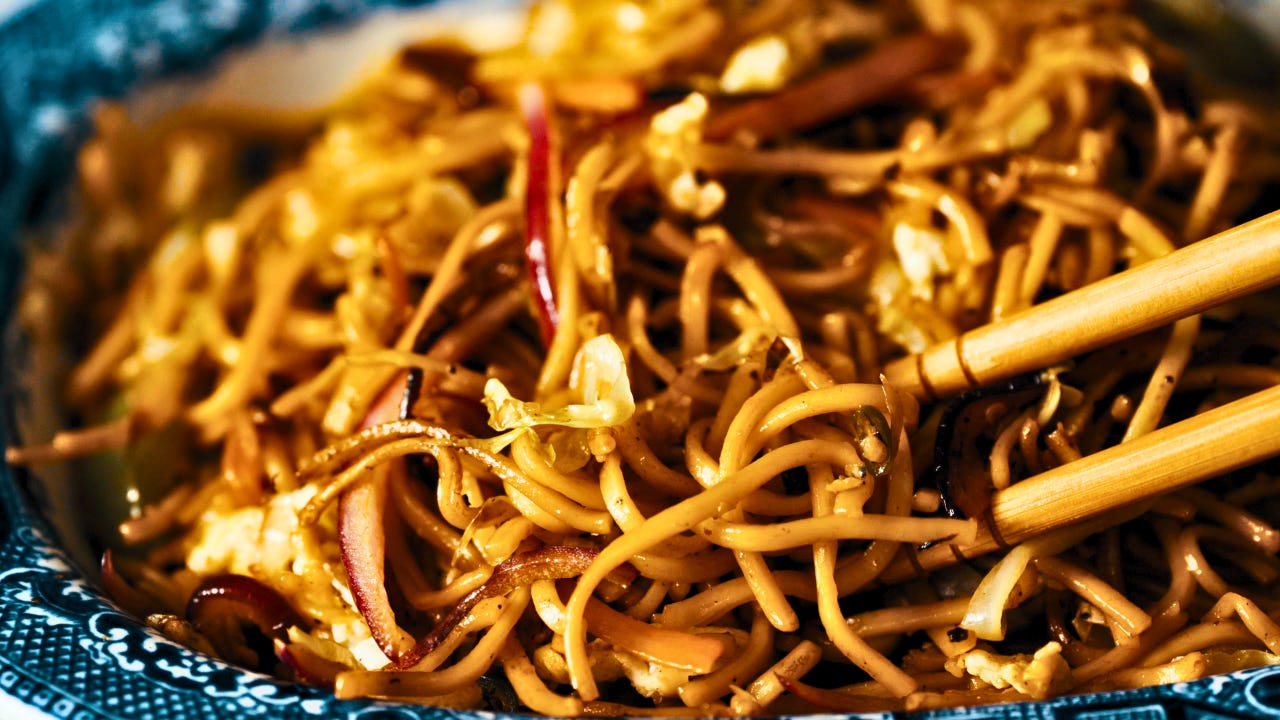Rosalie has always loved sharing her knowledge with others. She started out as a teacher, and found that she loved helping people learn new things. After teaching for a few years, she decided to go back to school to get her law degree. She now works as a lawyer, and loves using her legal knowledge to help people understand their rights. joan is also an avid reader, and loves learning about new things.

International trade is a good source of business growth for many companies, and importing noodles is one business that companies in the food industry can engage in and gain from. However, the complexity of international sourcing requires planning and attention to detail. The following article will explain some best practices for importing bulk noodles to ensure smooth and efficient operations.
Understanding the Market for Bulk Noodles
Before engaging in international trade, a business must establish what the market demands for noodles. Research is critical in finding out the preferences, regional trends, and dietary habits of target markets. Some regions prefer wheat-based noodles or rice-based, while instant noodles might be more of a preference for other areas. Some would be specialized in soba or udon. Identifying the most popular types of noodles in the market will be done by collaborating with trusted distributors or conducting direct surveys. The business must, therefore, monitor its competitors’ activities so that they understand what pricing and kind of positioning the products take in terms of product competition. Knowing market trends will make businesses make the right decisions regarding choosing their products and suppliers, and, as a result, they become successful in operations.
Selecting Trustworthy Suppliers for Bulk Noodles
The most crucial step in importing bulk noodles is to find reliable suppliers. A reliable supplier will ensure that the product quality is good, supply is constant, and delivery is made on time, which is essential for maintaining business operations. The business can start by researching suppliers from countries known for noodle production, such as China, Japan, or South Korea. Approaching sample products before finalizing contracts would be standard to test for quality. Supplier credentials and certifications, such as ISO standards or food safety certifications, may be checked for additional security in a partnership. Open communication ensures strong relationships with suppliers. Businesses should establish clear terms about quantities, payment conditions, and delivery timelines to avoid misunderstandings later.
Managing Logistics and Compliance for Bulk Noodles
Efficient logistics management is required to import bulk noodles. Transportation issues such as mode of transport, cost of transport, and the time taken to transport the products should be addressed to ensure the smooth flow of the supply chain. The movement of goods across borders can also be eased by hiring reliable freight forwarders or customs brokers. These workers deal with all other legal requirements for importing and exporting goods. Another significant consideration is ensuring the food meets the import country’s food safety standards and labeling requirements. If one country does not meet the criteria, most countries have stringent laws regarding importing food products, which can lead to delays in the product, fines, or even rejection. Thus, companies must be constantly updated on these regulations and ensure their products meet proper standards. Proper storage and inventory management systems also help maintain the freshness and quality of the noodles once they arrive.
Conclusion
Importing bulk noodles is a worthwhile opportunity for businesses seeking to extend their product lines or accommodate increased demand in the food market. By understanding market trends, selecting reliable suppliers, and managing logistics effectively, businesses can streamline the import process and build a good base for success. International trade may seem daunting; however, proper planning and attention to detail create windows for growth and long-term profitability.
